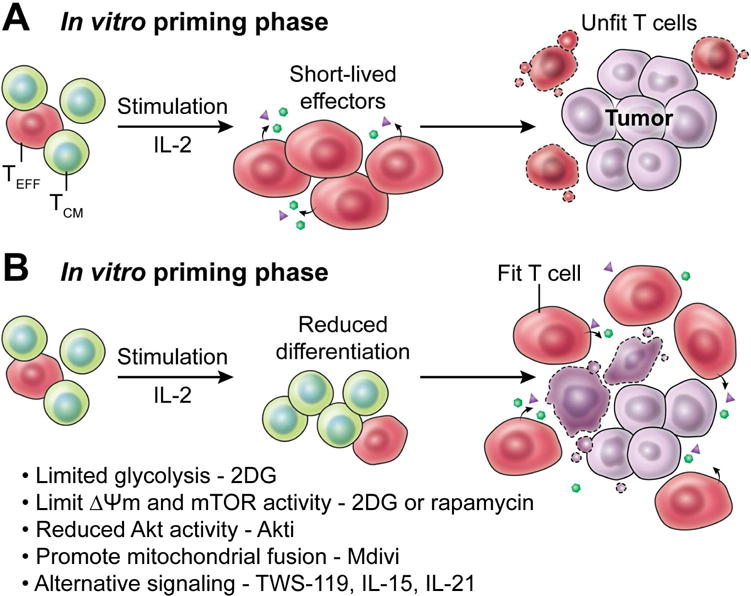Figure 6. Modifications to cell metabolism can boost T cell anti-tumor function.

(A) The protocols currently used to prime and expand anti-tumor T cells in vitro can lead to the generation of terminally differentiated effector cells that are unable to mount a robust response in vivo at the tumor site. However, (B) alterations to in vitro expansion protocols that maintain anti-tumor T cells in a state of reduced differentiation may allow for the generation of T cells that have increased fitness to engage in a sustained immune response against tumors in vivo. Adjustments to culturing conditions that have been shown to achieve this in pre-clinical settings include the limitation of anabolic growth pathways including glycolysis, mitochondrial activity and mTORC1 signaling with the glycolytic inhibitor 2-deoxyglucose or the mTORC1 inhibitor rapamycin. Additional interventions include the pharmacological inhibition of Akt activity, the promotion of mitochondrial fusion, and the activation of alternative signaling cascades such as the Wnt pathway that act to maintain T cells in a state of reduced differentiation.
